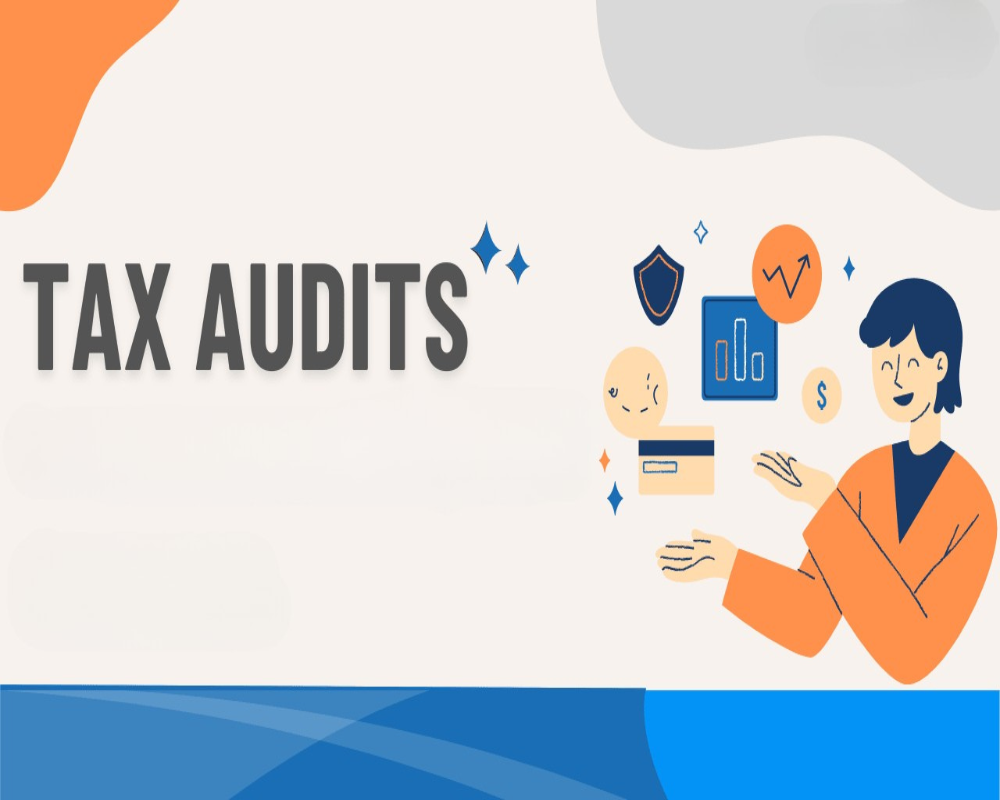Tax Audit Requirements for Public Limited Companies
Introduction
A tax audit is a detailed examination of the books of accounts and financial records of an entity to ensure compliance with the provisions of the Income Tax Act, 1961. For Public Limited Companies, which are often engaged in large-scale operations with complex financial structures, tax audits help in verifying the correctness of income and deductions claimed in the income tax return. Tax audits also aim to promote transparency, improve compliance, and reduce the scope of tax evasion. This article outlines the tax audit requirements applicable to Public Limited Companies in India.
Legal Framework and Applicability
Tax audit requirements are governed by Section 44AB of the Income Tax Act, 1961. As per the provision, a Public Limited Company is required to get its accounts audited by a chartered accountant if its:
- Turnover or gross receipts exceed ₹1 crore in business, or
- Gross receipts exceed ₹50 lakh in the case of a profession,
during the financial year.
However, if the company opts for presumptive taxation schemes, different thresholds and conditions apply.
Threshold Limits for Tax Audit
For Public Limited Companies engaged in business:
- The audit threshold is ₹1 crore, which may be extended to ₹10 crore if cash receipts and payments do not exceed 5% of total receipts and payments, respectively.
- For professionals, the threshold remains ₹50 lakh.
If the company exceeds these limits, a tax audit becomes mandatory, even if it is already subject to a statutory audit under the Companies Act.
Filing of Tax Audit Report
The tax audit report must be furnished in:
- Form 3CA (if the company is already audited under another law, such as the Companies Act), and
- Form 3CD, which provides detailed information on tax-related transactions, deductions, disallowances, and compliances.
The report must be uploaded electronically to the Income Tax Department’s e-filing portal by the auditor on or before the due date of filing the income tax return, usually October 31 for companies.
Scope of Tax Audit
The tax audit covers various financial and tax-related aspects of the company, including:
- Verification of compliance with TDS and TCS provisions
- Analysis of depreciation claims
- Examination of loans, advances, and related party transactions
- Reporting of turnover, profits, and expenses
- Identification of disallowable expenditures under the Income Tax Act
The report gives the tax authorities a comprehensive overview of the company’s tax position.
Penalties for Non-Compliance
Failure to get a tax audit done or to submit the audit report by the due date attracts penalties under Section 271B of the Income Tax Act. The penalty may be:
- 0.5% of total sales, turnover, or gross receipts, or
- ₹1,50,000, whichever is lower.
However, penalties may be waived if the company can prove reasonable cause for the delay or default.
Role of the Tax Auditor
The tax auditor, a practicing chartered accountant, plays a key role in:
- Ensuring proper maintenance of books of accounts
- Certifying the accuracy of tax records and calculations
- Advising the company on disallowances and compliance
- Highlighting discrepancies and reporting them to the tax department
The auditor must maintain objectivity and ensure that the report meets statutory requirements.
Relevance to Statutory Audit
Public Limited Companies are also subject to statutory audits under the Companies Act, 2013. While a statutory audit focuses on financial statements and true and fair presentation, a tax audit concentrates on compliance with income tax provisions. A company can appoint the same auditor or a different one for tax audit, depending on internal policy.
Audit Trail and Record Maintenance
To facilitate a smooth tax audit process, Public Limited Companies must maintain:
- Complete books of accounts and supporting documents
- Records of all tax payments, deductions, and returns
- Audit trail of electronic transactions (as per Rule 3 of Companies Rules)
- Backup of digital data for inspection, especially for listed entities
Proper documentation ensures minimal disruptions during audit and scrutiny.
Conclusion
Tax audit is a critical compliance obligation for Public Limited Companies, ensuring that their financial and tax practices align with legal standards. By mandating a structured review of accounts and transactions, tax audits enhance transparency, reduce litigation risks, and support accurate tax assessments. Timely completion and submission of tax audit reports also reflect a company’s commitment to good governance and financial discipline, thereby strengthening its credibility with regulators and stakeholders.
Hashtags
#TaxAudit #PublicLimitedCompanies #AuditRequirements #FinancialCompliance #CorporateTax #BusinessFinance #TaxRegulations #AuditProcess #CompanyTaxation #FinancialReporting #CorporateGovernance #TaxPlanning #BusinessAudit #AccountingStandards #TaxObligations #FinancialTransparency #RegulatoryCompliance #CompanyAudit #TaxAdvice #BusinessStrategy


0 Comments